
In the rapidly evolving landscape of precision engineering, the demand for efficiency and accuracy has never been greater. Fast CNC machining has emerged as a pivotal resource for companies striving to meet increasingly stringent quality standards while minimizing production times. By integrating advanced computer numerical control (CNC) technology, manufacturers can achieve exceptional precision in their machining processes, allowing for the swift production of complex components with intricate designs. The significance of mastering fast CNC machining cannot be overstated, as it not only enhances productivity but also enables engineers to innovate continuously.
As industries prepare for the challenges and opportunities of 2025, it is crucial to recognize the role that fast CNC machining plays in achieving engineering excellence. With its ability to produce parts with tight tolerances and reduced lead times, businesses that leverage this technology are better positioned to respond to market demands. This transition to faster machining processes ultimately empowers companies to stay competitive, adapt to evolving client needs, and explore new possibilities in product development. Thus, understanding the benefits and best practices of fast CNC machining is essential for any organization aiming for success in the field of precision engineering.
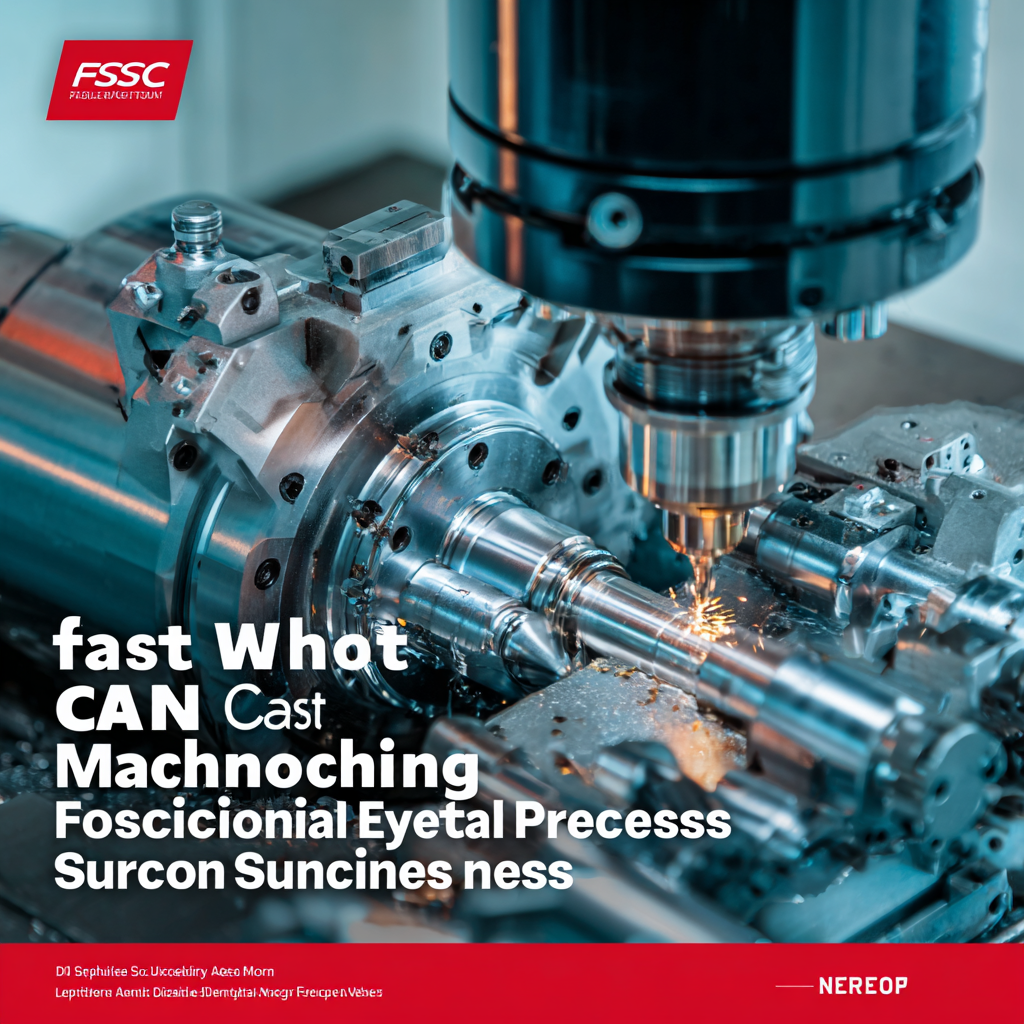
In modern precision engineering, fast CNC machining plays a crucial role in meeting the ever-increasing demands for precision and efficiency. As industries evolve, the need for rapid prototyping and product development becomes paramount. Advanced CNC machining capabilities enable engineers to create high-quality parts swiftly, ensuring that projects can progress without unnecessary delays. The integration of automated features streamlines the manufacturing process, allowing for quicker turnaround times while maintaining precision.
Moreover, the growth of the CNC machine market, projected to reach $195.59 billion by 2032, underscores the significance of these technologies in driving innovation within precision engineering. The ability to produce intricate designs with exact specifications is essential in sectors such as medical manufacturing, where precision parts are crucial for safety and effectiveness. As new technologies and methods emerge, fast CNC machining remains at the forefront of transforming traditional manufacturing processes, fostering an environment where precision engineering can thrive.
Rapid machining has emerged as a cornerstone of precision engineering, offering notable advantages, particularly when it comes to achieving tight tolerances. Recent industry updates highlight that advanced CNC machining capabilities are not only enhancing the rapid prototyping process but also accelerating product development. With tighter tolerances and diverse finishes, manufacturers can ensure that components meet stringent quality standards while keeping pace with an increasingly competitive market. Reports indicate that the demand for high-precision components has skyrocketed, with a projected growth rate of over 7% in the CNC machining market within the next five years.
Moreover, the integration of automation and emerging technologies like AI is revolutionizing the landscape of CNC machining. As manufacturers seek to optimize production processes, the ability to produce lightweight and high-precision parts at scale becomes paramount. For instance, laser machining technologies are being increasingly utilized in medical device manufacturing, providing unparalleled accuracy and enabling the production of highly complex geometries. This blending of traditional machining with advanced technologies not only improves efficiency but also enhances the capability to adhere to tight tolerances, driving innovation in various sectors, including aerospace and IoT applications.
In the realm of precision engineering, the implementation of efficient workflows in CNC machining processes is paramount. According to the 2022 Global CNC Machining Market Report, the demand for CNC machining services has surged by over 15% annually, driven by advancements in manufacturing technologies and the increasingly precise demands from various industries, such as aerospace and automotive. These growing expectations highlight the necessity for optimizing workflows to enhance production speed and accuracy, ensuring engineers can meet tight deadlines without compromising quality.
To establish efficient workflows, manufacturers should consider adopting lean manufacturing principles, which can reduce waste and streamline communication between teams. Incorporating software solutions that allow for real-time tracking of project milestones can further improve coordination, enabling quicker adjustments to potential delays. Moreover, regular training for machine operators on the latest CNC technologies can significantly increase both productivity and precision.
Tips: Invest in high-quality tooling and maintain equipment regularly to prevent downtime. Evaluate the layout of machining stations to ensure fluid movement between different processes. Finally, implement a feedback loop where operators can share insights on workflow efficiency, fostering continuous improvement in CNC machining practices.
Selecting the right CNC technology for precision projects is crucial in today's fast-paced manufacturing landscape. With the global CNC machining market projected to reach $100 billion by 2025, it is imperative for engineers to choose technology that not only meets their accuracy requirements but also enhances production efficiency. Advanced CNC machines, such as multi-axis and high-speed models, allow for complex geometries and tighter tolerances, which are essential for precision engineering.
When evaluating CNC technology, consider the material you will be machining. Different materials, such as metals, plastics, and composites, require specific milling and turning processes. Research indicates that utilizing the right tools can improve machining efficiency by up to 30%. Additionally, incorporating automation technologies, like CNC robots, can dramatically reduce cycle times, allowing for more output and minimized human error.
Tips:
1. Always analyze the specific requirements of your project and choose CNC technology that aligns with those needs for optimal precision.
2. Stay updated on the latest CNC advancements and invest in upgrades that can increase your operational capabilities and stay competitive in the industry.
3. Collaborate with experienced CNC machinists who can provide insights on best practices and tool selections for your unique projects, ensuring the greatest accuracy and efficiency.
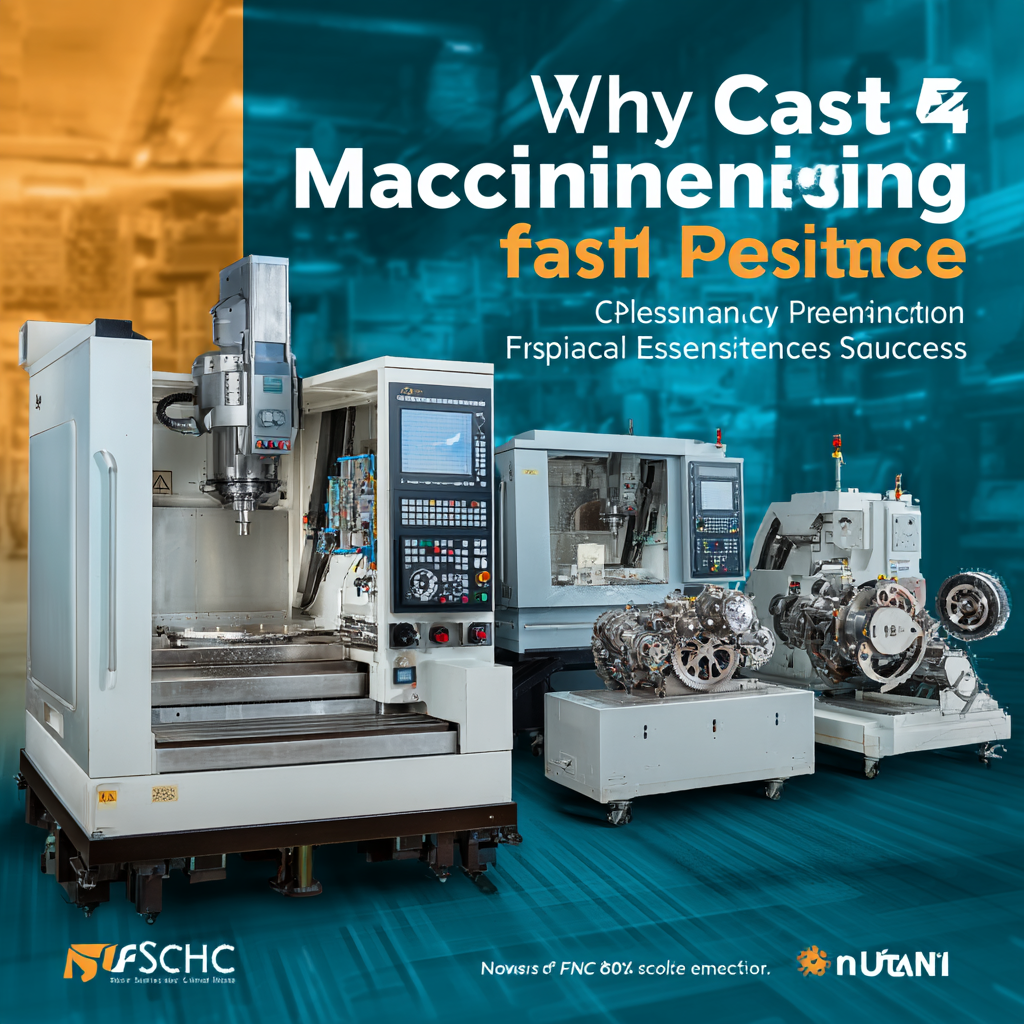
The future of CNC machining is set to witness transformative trends that emphasize speed, automation, and advanced materials. As industries continue to demand higher precision and faster turnaround times, the integration of AI and machine learning into CNC machining processes is becoming increasingly vital. These technologies enable real-time analytics and adaptive control, allowing machines to optimize their operations dynamically. This shift not only enhances efficiency but also ensures that the quality of the output meets the stringent standards of precision engineering.
Additionally, advancements in materials science are paving the way for the use of innovative alloys and composites in CNC machining. These new materials can withstand greater stresses and provide improved performance, which is crucial for sectors like aerospace and automotive. The incorporation of hybrid machining techniques, combining additive and subtractive processes, allows for more complex geometries and lightweight structures, aligning with the current push for sustainability and resource efficiency. As these trends evolve, the future of CNC machining is poised to redefine engineering excellence, driving industries toward unprecedented levels of innovation and capability.
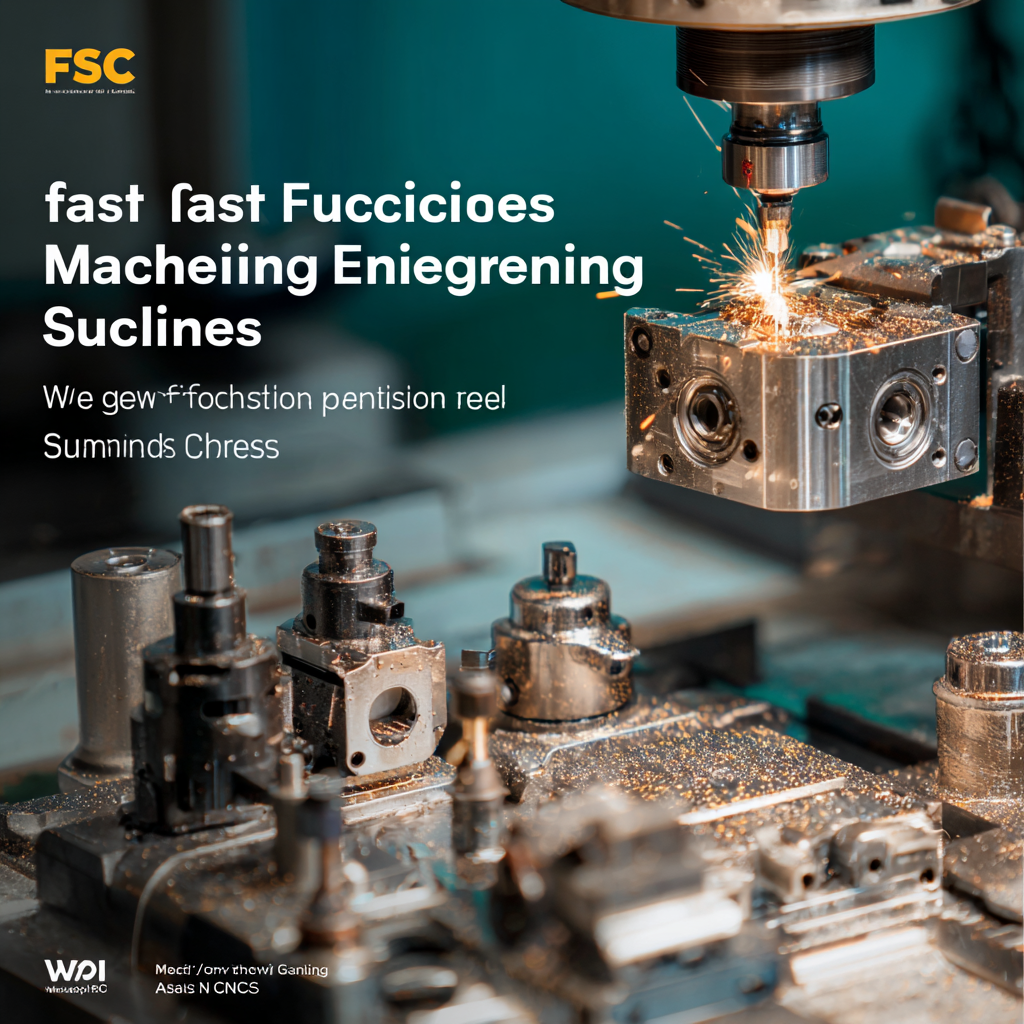
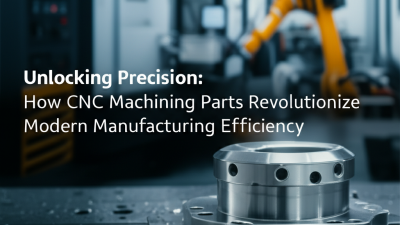
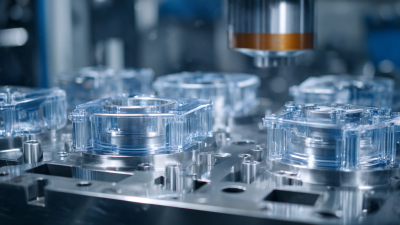

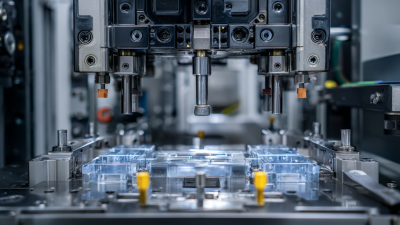

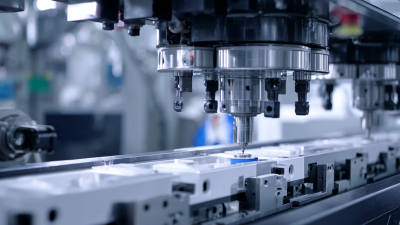
Copyright © 2025 The Toolroom Inc. All Rights Reserved.
Website Design St Louis by IQComputing